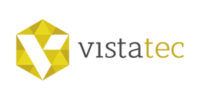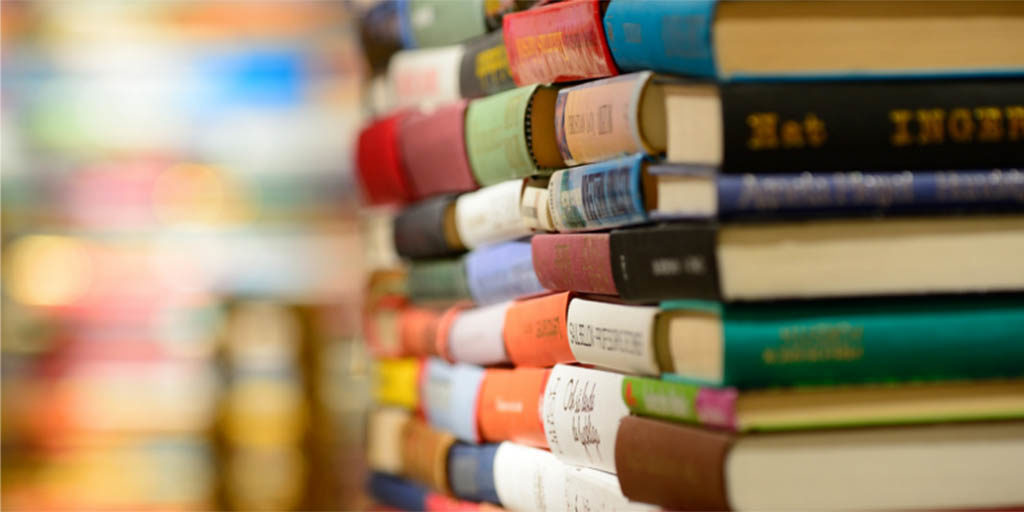Interview – Sinéad Mac Aodha
Interview with Sinéad Mac Aodha, Director of Literature Ireland
Priscillia Charles, Communications Director, VTQ
Literature Ireland is a national organization promoting Irish literature abroad.
Tell us about the agency; when was it established?
Literature Ireland was established in 1995 on the initiative of the Arts Council. The agency was originally called Ireland Literature Exchange — we rebranded as Literature Ireland in 2016. Its founding aim was the promotion of Irish literature abroad through the awarding of translation grants. Over the years, we have expanded our programs and today we promote Irish writing on an international stage by awarding translation grants, attending major world book fairs, publishing a New Writing from Ireland catalogue, awarding residencies to literary translators, and by representing and programming Irish writers at events abroad.
What are the different missions that it aims at accomplishing?
Our core mission is still to bring the best of Irish literature in the finest translations to readers around the world. All of our activities are directed to that end.
What is the process of selection of a publication?
Literature Ireland builds awareness of contemporary Irish writing through book fair meetings with international publishers to discuss the latest writing from Ireland. We also circulate our catalogue to key publishing and translation contacts around the world. This promotional work feeds into the translation grant program, which is demand driven. International publishers who want to apply for a translation grant must show that they have acquired foreign language rights to the work. They must also provide a sample of the translation along with a copy of the translator’s CV and a copy of the contract between the translator and the publishing house. In addition, we ask for a marketing plan for the translated work.
We are committed to supporting only good quality translations and we use a panel of native-speaking independent experts to evaluate the quality of each translation sample. We check the other elements of the application internally. We usually have more applications than we have grants available, so it is not just a question of supporting good quality translations. We also look at aspects such as the presence of Irish literature in the country, the track record of the publishing house, and the genre of the work being translated — the program is primarily aimed at literary fiction, poetry and drama rather than commercial fiction. We try to strike a balance between iconic literary figures such as Joyce or Beckett and contemporary writers.
Now let’s talk about yourself and your role within the agency. When did you join it? What is your role?
I have been the director of Literature Ireland since 2003. As it is a small arts agency, I have been involved in all aspects of the organization’s work. An important part of the role is networking with the publishing sector at home and abroad and acting as the face of Irish literature in the international market. For this reason, I do a great deal of travelling and attending book fairs around the non-English speaking world. I took time off to have a baby and a year’s sabbatical in 2016/2017 to act as the director of the Irish Cultural Centre in Paris.
I understand that one of the organization’s missions is to help translate Irish literature into foreign languages and vice versa. Until now, it has funded the translation of over 2,000 works of Irish literature into 56 languages around the world.
In your opinion, has the way we translate nowadays changed?
Technology, particularly the internet, has had a huge influence on translation. On a very simple level, it makes it easier for literary translators to talk to the authors, and obviously, it opens up a wide range of reference materials and resources. Most interestingly, it gives translators new visual perspectives on an Irish author’s writings. They can easily visit locations through Google Maps or get a visual search result on specific local words or descriptions. There are special translation tools which make it easier for translators to check that they are consistent in the use of given terms or language constructions.
You have a ‘Translator in Residence program’ can you tell us more about how this works?
Each year we put out a call for the program with a focus on a particular territory. The idea is to give a translator the opportunity to come and live in Ireland while working on a translation in progress. Where possible, we introduce them to the author and arrange for them to visit the area where the work is set, and to get a feel for the language and style of the work in its original setting. This kind of linguistic and cultural exposure is crucial to literary translators in understanding the contexts and nuances of the works they are translating.
The organization has a growing author database how do authors begin working with the team at Literature Ireland?
We work primarily with translators and publishing houses. However, as part of our promotion of Irish literature abroad we naturally have a special relationship with Irish authors. Our author database is a record of the books that have been supported by Literature Ireland over the last quarter of a century — approximately 2,000 translations in 56 languages. We promote writers through our social media platforms and are always delighted to spread the good news when a writer wins a prize or receives a particularly positive review. We also invite writers to take part in events and festivals around the world, including those territories where their work is already available in translation and their presence helps promote sales of the books and improves their profile.
Recently Literature Ireland advertised a call for applications from Japanese Translators for Literary Translator-in-Residence 2019, does this reflect the publishers and intended audiences?
Japan is a huge market (127 million people) but very few Irish books have been published in Japanese. As part of our long-term plans, we try to target languages or countries where Irish literature is less well known. Over the next two years, we plan to send a number of writers to events and festivals in Japan, to host at least two Japanese translators, to award a number of grants, and to visit the Tokyo Book Fair.
You studied languages at university, both French and Italian. From your perspective, what are the main criteria to take into consideration when translating literature?
All human experience is translatable. The best literary translators love and understand people and realize that language is about understanding. This is the reason machine translation doesn’t work for literature. A word-for-word translation loses not just the meaning, but also the magic of fiction. But coming back to the agency, I see that the organization is involved in various translation events throughout the year.
Can you tell us about the latest event that you organized?
The launch of First Lines: Portraits of Irish Authors by the famous Irish photographer John Minihan. John has photographed every important Irish writer over the past 50 years, most famously Samuel Beckett. We thought it was important to continue this association and invited him to photograph the third set of our author portraits. The portraits are designed to bring visibility to the writers involved and increase their profile internationally. The First Lines portraits included the new wave of talented Irish writers, such as Mike McCormack, Lisa McInerney, Colin Barrett and Sally Rooney.
What is the type of audience attending your events?
We try to invite a broad cross-section of Irish society, but with our international remit we also regularly have representatives from the diplomatic corps, language students from around the world, and representatives of the new Irish communities. From people who love literature to people in the publishing world, writers and translators, and most importantly, the ordinary readers of books.
Any other projects that you are working on that you would like to share with our readers?
Autumn is the busiest time of the year in the publishing world. In the next few months, I will be attending the Frankfurt Book Fair, speaking at a book festival in Milan with a group of Irish writers, and preparing a workshop for Chinese translators which we will host in Beijing next year.
This article first appeared in VTQ Magazine.
Read more: https://vtqglobal.com/



